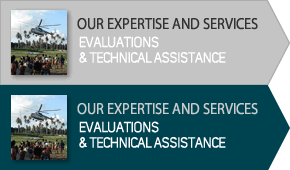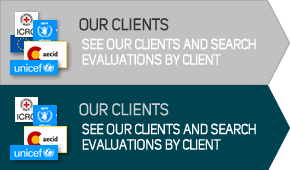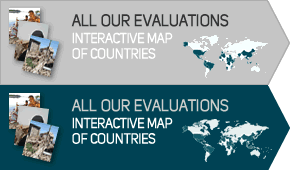July 11, 2013
DARA was commissioned by World Food Programme (WFP) and the UN Refugee Agency (UNHCR) to undertake two impact evaluations of food assistance in both Chad and Bangladesh in April 2012. The assignment was part of a four impact evaluation series, which aims to inform WFP and UNHCR on how to improve the effects food assistance has on refugee populations’ opportunities to attain self-reliance and longer-term durable solutions.
A major obstacle to impact evaluations is the unavailability of data describing the characteristics of the assisted populations and the control group at the beginning and throughout the evaluation period. This obstacle makes it difficult to build indicators, especially when measuring impact in a multidimensional, complete and integrated manner, which goes beyond nutrition and health indicators, and looks at coping strategies, livelihoods, wealth levels, purchase power, protection, mobility, etc. which require more context-adapted indicators.
To overcome the lack of data and conduct useful research, this report discusses DARA’s mixed methods approach to evaluation. DARA’s evaluation team has taken these key research process steps:
- an independent and closely monitored data collection effort, including an extensive quantitative survey, and semi-structured personal interviews and focus group discussions(FGDs);
- an exhaustive data mining exercise on the survey database in the search of patterns and tendencies behind the data;
- a systematic comparison and validation of quantitative evidences




Share this